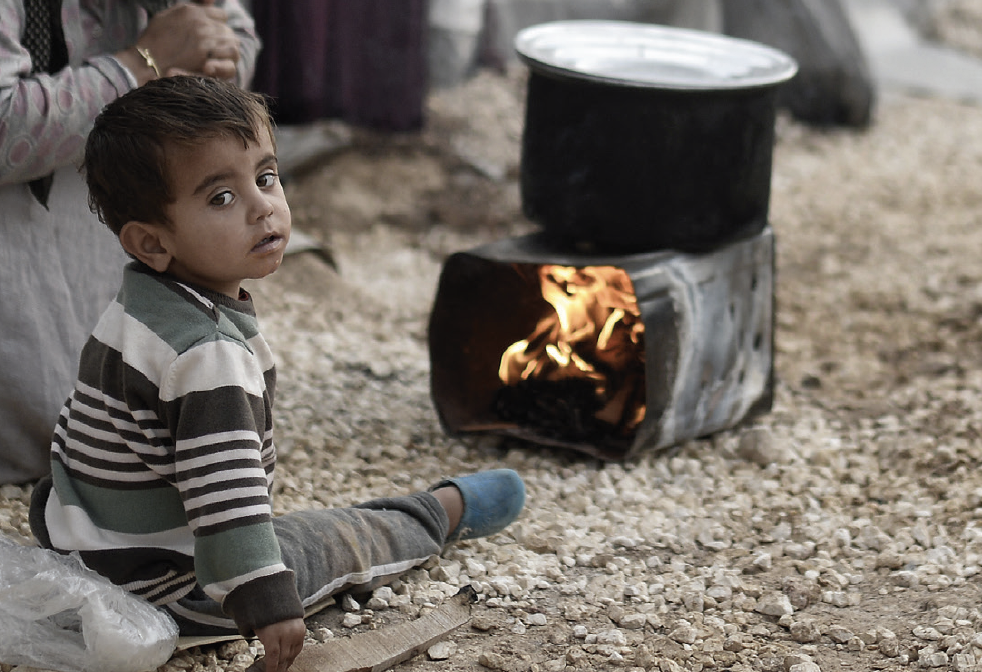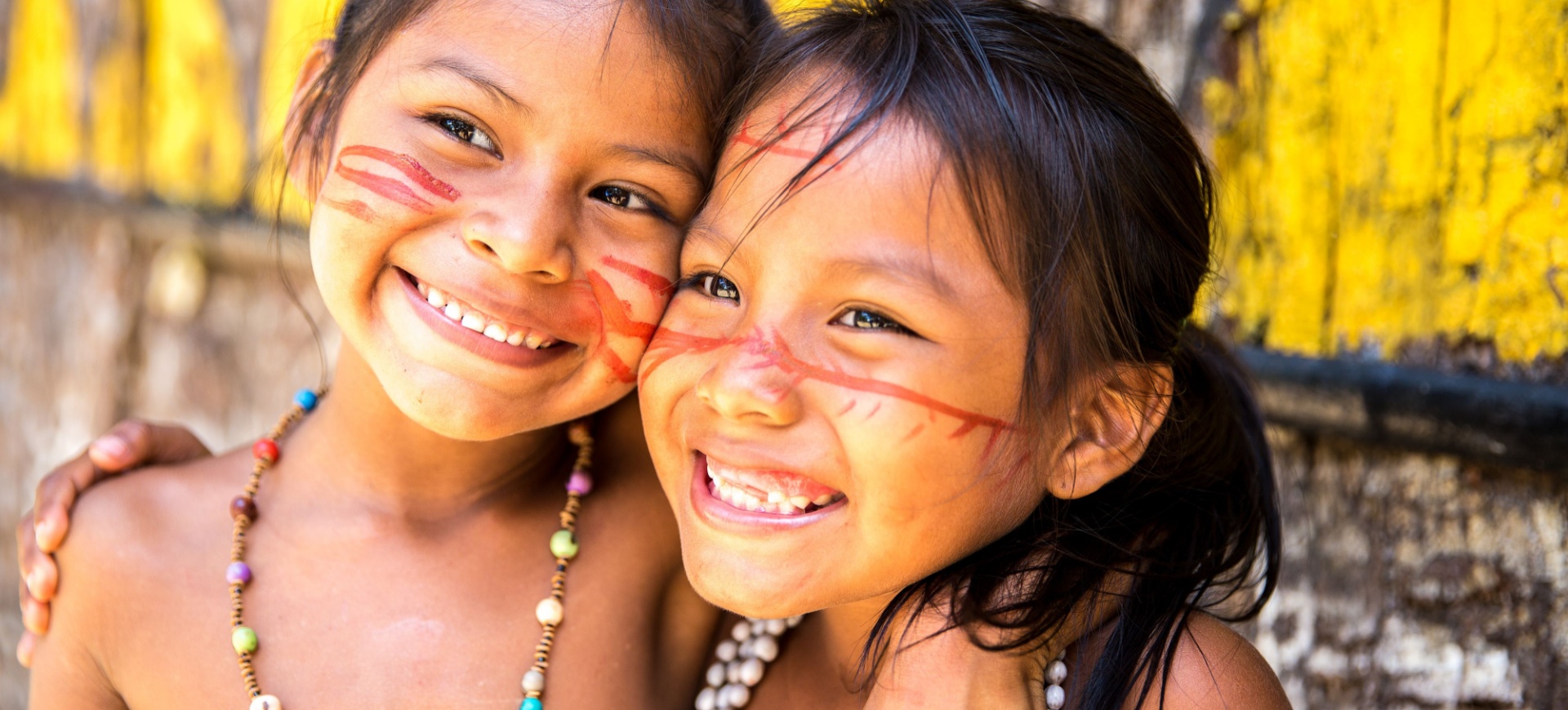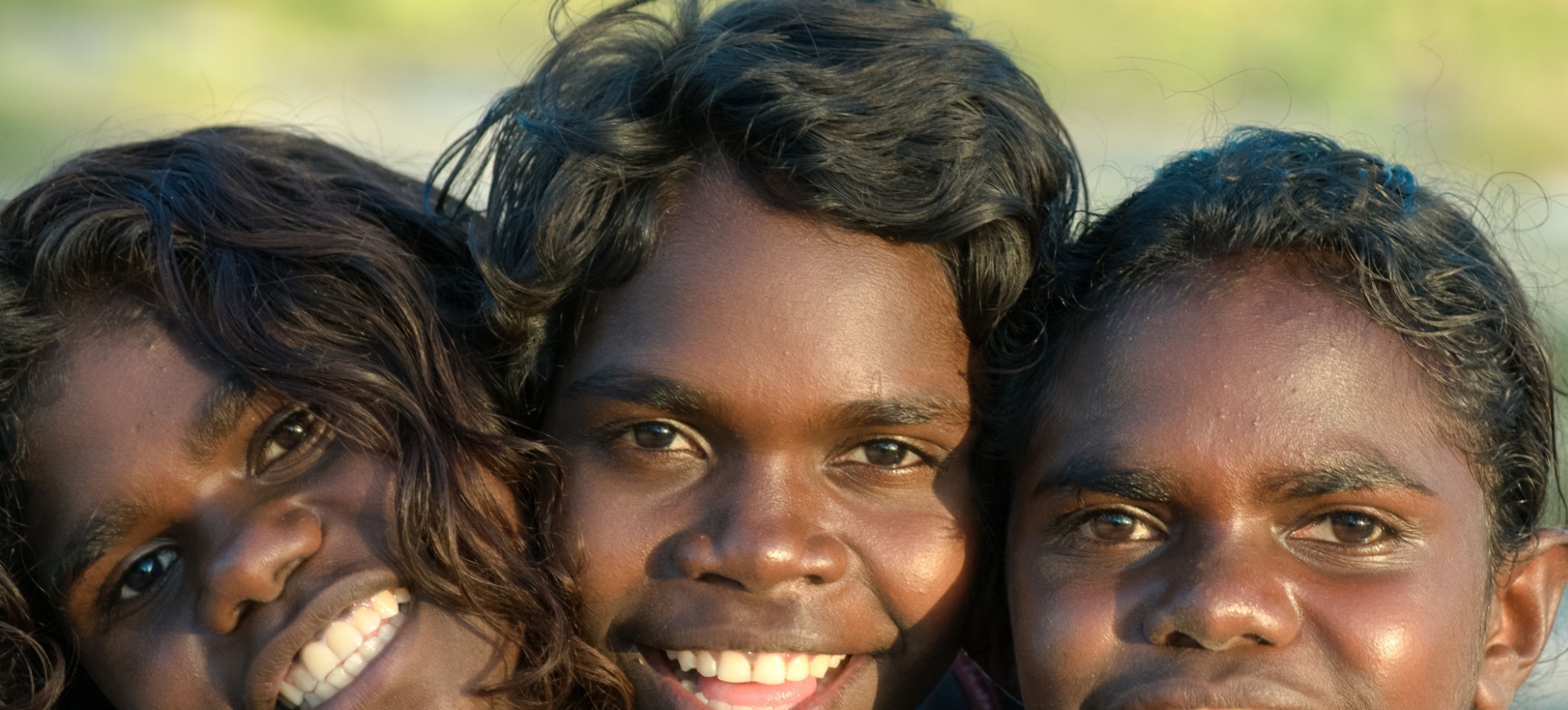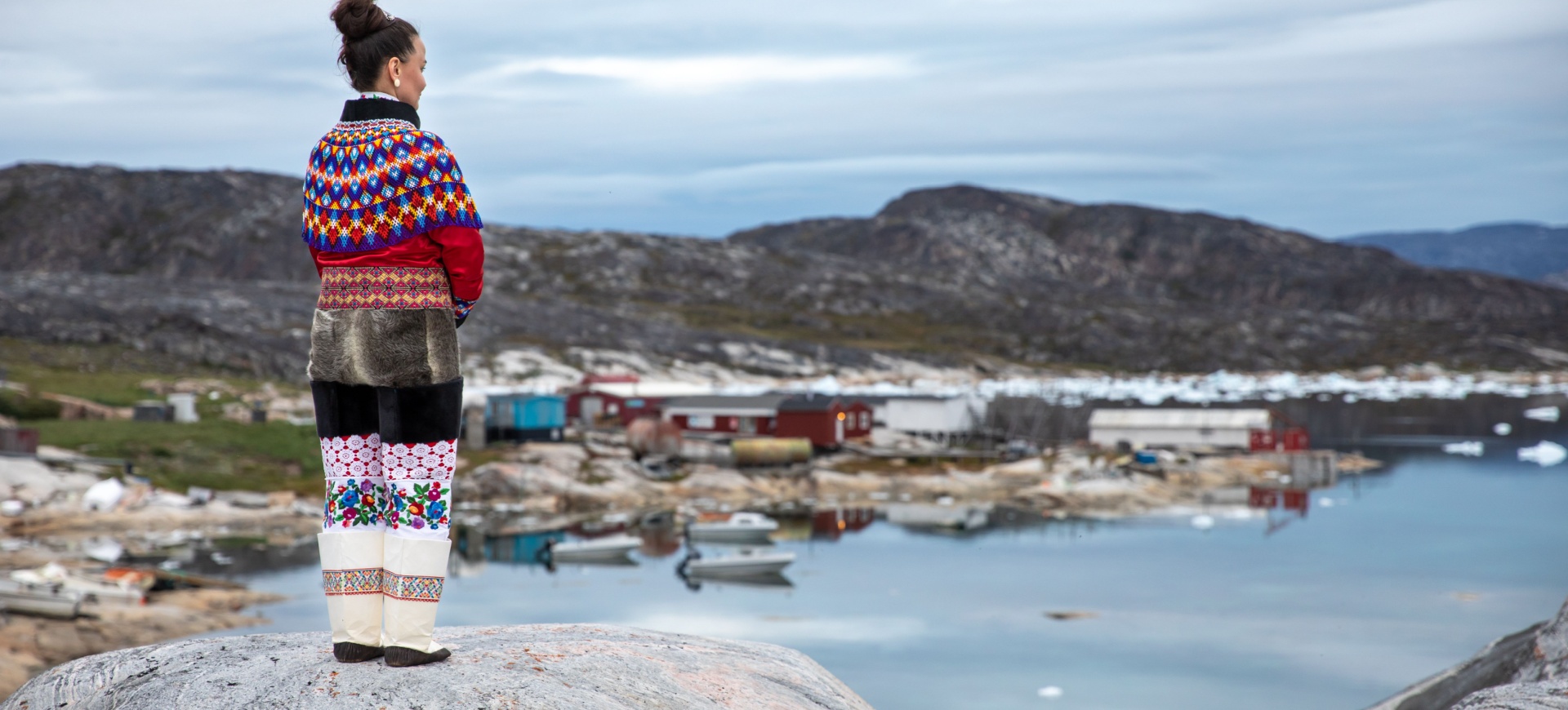No one is safe until we are all safe
Pandemics know no borders, and poor migrant health is symptomatic of deeper societal problems. A profound change in our approach to global health and migration, coupled with international cooperation, holds the promise of safety for all
Migrants and mobile populations face many obstacles in accessing essential healthcare services. These include language barriers, a dearth of migrant-inclusive health policies, an inaccessibility of services and irregular immigration status. In addition, many migrants live in overcrowded spaces or makeshift shelters, with poor sanitation and hygiene services, which increase their vulnerability to poor health outcomes. These challenges affect the well-being of migrants, and undermine societies by limiting the positive contribution of migrants and migration to our societies, and towards the realisation of global health, social and economic development goals. The COVID-19 pandemic has laid this bare in the starkest terms.
Since its inception, the International Organization for Migration has considered health a core component of all migration or population mobility issues, from migration and development, climate and environmental change, and disease control and prevention, to global health security, occupational safety, disaster risk reduction and foreign policy. In 2019, 1,300 IOM staff members across 110 country offices implemented nearly 200 health-related projects. They conducted over 3.6 million primary healthcare consultations, provided polio and measles vaccinations through emergency health activities for 380,000 children, conducted 400,000 pre-migration health assessments, and delivered mental health and psychosocial support services for more than 360,000 people.
IOM has worked in close collaboration with the World Health Organization for several decades, and with the United Nations High Commission for Refugees in promoting the health of refugees and displaced persons. Together, we are key technical partners in the WHO Global Action Plan for Promoting Health of Migrants and Refugees. The International Labour Organization and IOM work together to improve the migration of health workers and the health of migrant workers. Other UN system partners include UNICEF, UN Women and UNFPA, as well as global health stakeholders including the Global Fund and GAVI, the Vaccine Alliance. IOM, as coordinator and secretariat of the newly created UN Network on Migration, brings UN entities together to ensure greater coherence on migration issues. In its first year, the network has prioritised the issue of access of migrants
to services.
Inclusion is just the starting point
Inclusive access to health care for migrants is key. Even before the pandemic, an IOM analysis covering 51 countries found that only a third of those countries provided the same access to government-funded health services to both citizens and migrants, irrespective of their migration status. I cannot emphasise enough the need to establish health systems that promote equity, reduce stigma and remove barriers based on multiple types of discrimination, in particular in fragile settings.
But inclusion is just the starting point.
Well-designed migration policies can contribute to positive health and human development outcomes for migrants, their families and communities in countries of origin and destination, benefitting societies writ large. Innovative health financing policies that reduce out-of-pocket and catastrophic health expenditures should take into account migration patterns within, and across, countries to find sustainable, cost-effective solutions for migrants, including through public-private partnerships.
The health services sector itself is a leading employer of skilled migrants. Well-managed and ethical international recruitment of health workers – when coupled with fair labour agreements and strong diaspora engagement – can strengthen developing country health capacities, with migrants acting as co-developers of health services in countries of origin and destination.
These lessons have never been more applicable than in the present pandemic. While foremost a health crisis, it has also become a crisis for migration, human mobility and displacement. Governments have closed borders to contain the pandemic, but the virus is, ultimately, borderless. It is also important to recognise that it is the virus, not people, that presents the core threat. An increasing number of instances of hatred, anger and exclusion towards migrants and stranded and displaced persons is now being reported worldwide. This kind of discrimination is dangerous. It can make people reluctant to come forward with symptoms, for fear of stigma, arrest or deportation. But the pandemic has revealed the deep inequalities felt by migrants and displaced persons, particularly when they fall outside of social safety nets, lack access to basic services to ensure their health and well-being, and experience increased vulnerability of residence and work status.
Rethinking is critical
The dramatic impacts of the COVID-19 pandemic have demonstrated the critical need to rethink immigration and border policies and practices and embed public health concerns while respecting individual rights. Some states have used such concerns to justify blanket detentions of undocumented migrants and refugees in overcrowded facilities, with detainees and staff exposed to heightened risks of infection. Migrant workers have found themselves stranded in countries of destination or transit, or have had their visas revoked or suspended and been placed in overcrowded facilities before being returned to their countries of origin. It is imperative to fully integrate health, border and mobility management approaches, including the development of adequate surveillance infrastructure and improved data sharing between countries.
During the COVID-19 pandemic, IOM staff have remained on the front line, providing direct health services while helping a number of governments integrate public health measures into their migration systems. IOM’s ongoing COVID-19 health response includes mapping population mobility at border points of entry (as in the Democratic Republic of Congo), community-based disease surveillance (as for migrant workers returning to Mozambique from South Africa), ensuring continuity of essential health services (as in Jordan and Libya), developing migrant-friendly communication and community engagement regarding the risks of COVID-19 (as in Egypt and Colombia), and mental health and psychosocial support (as in Nigeria). IOM also provides health services support for the UN system to enable UN staff to ‘stay and deliver’.
We need a fundamental change in our approach to global health and migration, and strong international cooperation. As we reimagine our world beyond COVID-19, it is crucial that the challenges and opportunities of international migration unite us, rather than divide us. This pandemic has revealed how no one will be safe until all of us are safe. And this requires a shared and collective interest in the health, safety and well-being of all migrants. IOM stands ready to support governments ready to make this bold, yet essential, commitment.











